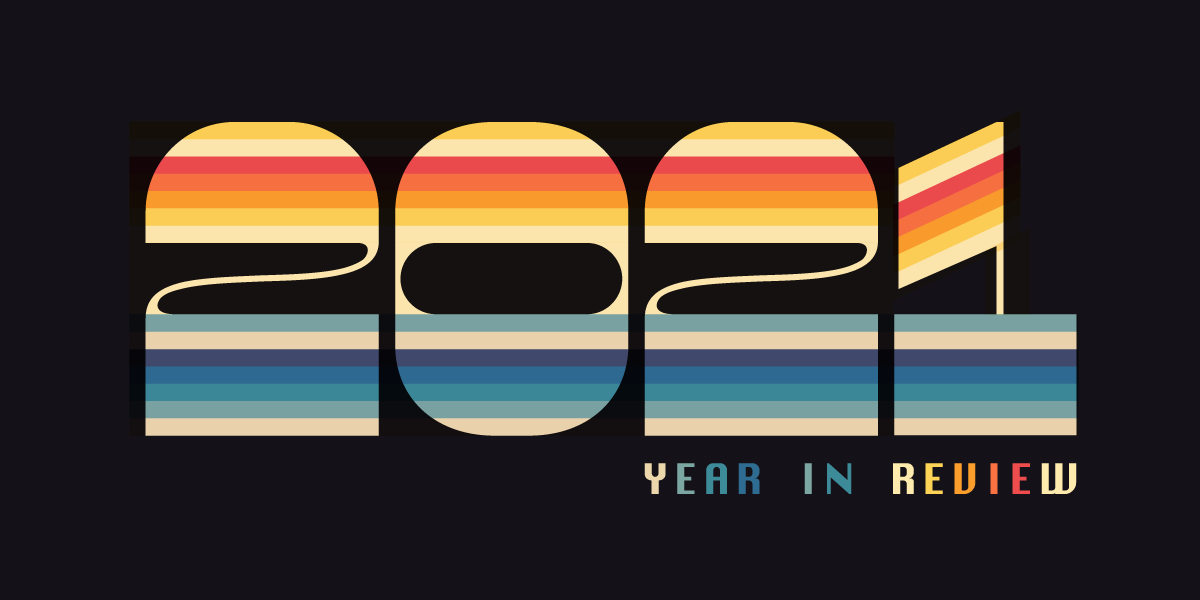
A year after the police murder of George Floyd, Black-led protests against police violence continue, as does resistance to police departments across the country growing their surveillance toolbelts and unnecessarily amassing troves of personal data. EFF stands with protesters against police abuse, and stands up for the core rights to privacy, speech, and protest threatened by police surveillance. This year we have gone to court to hold police accountable, endorsed regulatory and defunding proposals, and published records shedding light on police surveillance.
Surveillance in San Francisco
The San Francisco Board of Supervisors kicked off the year by voting unanimously in favor of special business districts—such as the Union Square Business Improvement District (USBID)—disclosing any new surveillance plans to the Board. The Board acted in the wake of an EFF investigation and lawsuit that exposed the San Francisco Police Department’s (SFPD) spying on last year’s Black-led protests against police violence. The SFPD monitored the demonstrations by using the USBID’s camera network.
EFF welcomes the Board’s small step toward transparency, but the city continues to defend the SFPD’s unlawful surveillance. In October 2020, EFF sued the SFPD on behalf of three activists who helped organize last year’s protests in the city. This fall, EFF asked the court to rule that the SFPD violated the city’s landmark surveillance technology ordinance and to prohibit the SFPD from using the USBID cameras without prior Board approval. While the SFPD initially claimed it did not monitor the camera feed, an SFPD officer admitted during a deposition that she repeatedly looked at the camera feed during the eight days that the department had access.
Privacy on the Road
EFF is also in court to protect your privacy from Automated License Plate Readers (ALPRs), which police use to amass large databases of location and other sensitive information on millions of drivers. In October, we filed a lawsuit on behalf of immigrant rights activists to stop the Marin County Sheriff in California from sharing its ALPR data with over 400 out-of-state agencies and 18 federal agencies, including Immigration and Customs Enforcement (ICE) and Customs and Border Protection (CBP), which violates two state laws.
Earlier in the year, EFF released Data Driven 2: California Dragnet, a new public records collection and data set that shines a light on police ALPR use across California. In 2019 alone, just 82 agencies collected more than 1 billion license plate scans using ALPRs. Yet, 99.9% of this surveillance data was not actively related to an investigation when it was collected. In Tiburon and Sausalito in Northern California, and Beverly Hills and Laguna Beach in Southern California, an average vehicle will be scanned by ALPRs every few miles it drives. EFF supports state legislation that imposes shorter retention periods on ALPR data, annually audits searches of the data, and strengthens other regulations.
The Police Look Down on You
In a major victory this summer, the Fourth Circuit Court of Appeals blocked Baltimore from using data from its aerial surveillance of people’s movements throughout the city. For a six-month pilot period, the surveillance planes continuously captured an estimated 12 hours of coverage every day of 90 percent of the city. While Baltimore’s spending board ended the surveillance contract early, the city retained some of the location data and asserted a right to search it.
Joined by several other organizations, EFF filed an amicus brief with the court arguing that Baltimore’s detailed tracking of the population of an entire city violated the Fourth Amendment and disparately impacted communities of color. The court agreed and Chief Judge Gregory, in a powerful concurring opinion, emphasized that because Black communities “are over-surveilled, they tend to be over-policed, resulting in inflated arrest rates and increased exposure to incidents of police violence.”
EFF also joined other fights against aerial surveillance. Early this year, St. Louis rejected a similar version of Baltimore’s tracking program after an education campaign and pressure from EFF and several local community organizations. We also endorsed Rep. Ayanna Pressley’s legislation to greatly curtail the amount of dangerous military equipment, including surveillance drones, that the Department of Defense can transfer to local and state law enforcement agencies. And in November, the ACLU of Northern California published records and footage of the California Highway Patrol’s extensive aerial video surveillance of last year’s Black-led protests against police violence.
The Surveillance Grab-bag
EFF pushed back this year on other police surveillance tools too. At the beginning of the year, Oakland’s City Council voted unanimously to strengthen their Surveillance and Community Safety Ordinance by prohibiting government use of “predictive policing” algorithms and a range of biometric surveillance like voice recognition. EFF endorsed a Maine bill that would defund the state’s “fusion center,” which coordinates surveillance and information sharing between federal law enforcement, intelligence agencies, and local and state police, and often threatens people’s free speech and right to protest. We also continued calling on Google to stand up for its users against geofence warrants and to be more transparent about the warrants they receive and how they handle them. During racial justice protests in Kenosha, Wisconsin, federal police used at least 12 geofence warrants to force Google to hand over data on people who were in the vicinity of—but potentially as far as a football field away from—property damage incidents.
We made a lot of progress this year to protect your privacy and free expression from police surveillance, but the fight continues. As the new year approaches, the coming weeks are an opportune time to contact your local representatives. Ask them to stand with you and your neighbors in the fight against government surveillance.
This article is part of our Year in Review series. Read other articles about the fight for digital rights in 2021.
* This article was originally published here
HELP STOP THE SPREAD OF FAKE NEWS!
SHARE our articles and like our Facebook page and follow us on Twitter!





0 Comments